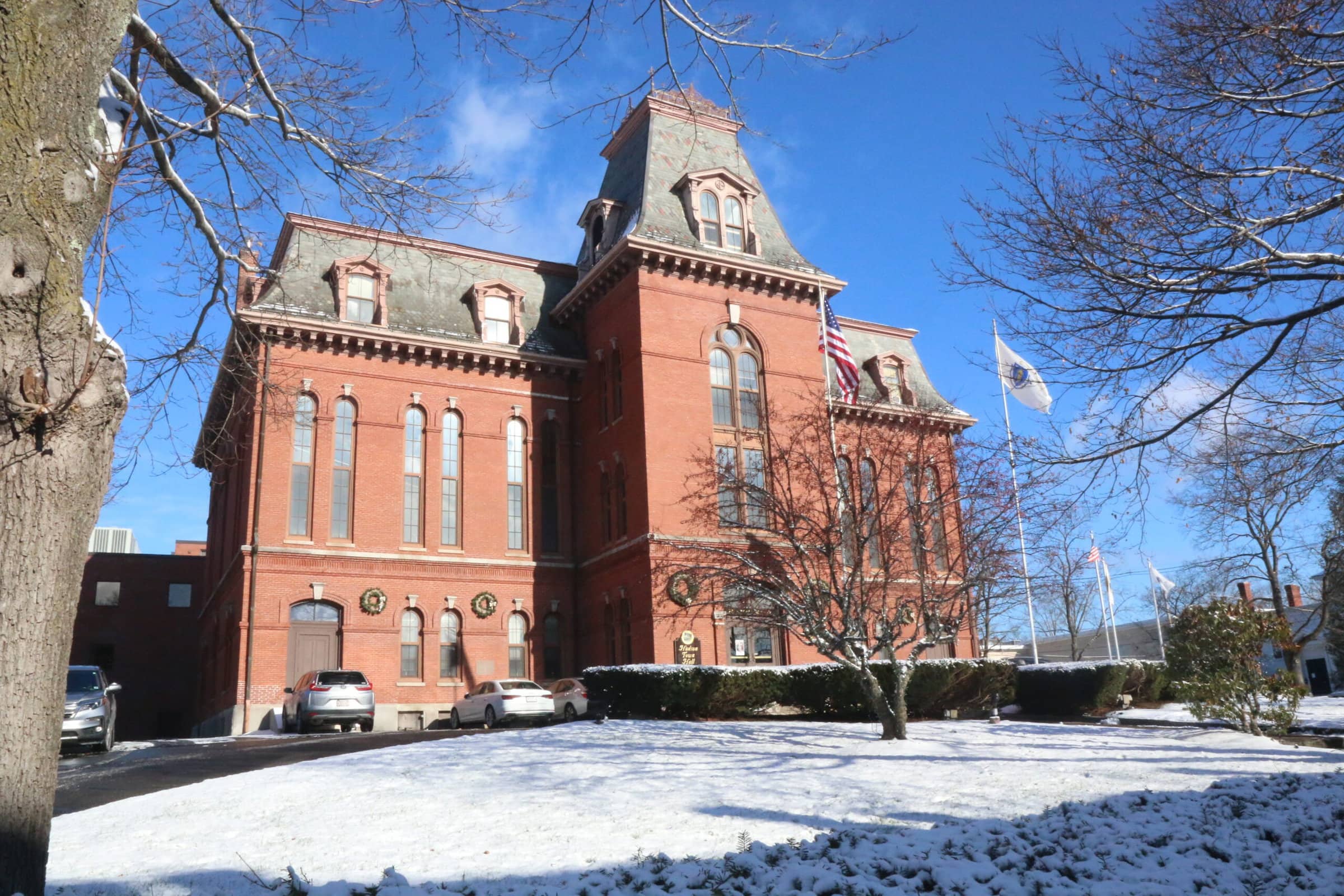
HUDSON – The tax rate and levy for the 2024 fiscal year has been set following a vote by the Select Board at its Dec. 4 meeting.
The board approved the minimum residential tax rate factor to be .8906. There will also be an excess levy capacity of $800,209.
The vote for a split tax rate of $14 for residential and $27.50 for commercial per $1,000 of assessed property value passed 4-0. Christine Griffin of the Board of Assessors said it was in line historically with what has been done for Hudson.
According to her presentation, the average single-family tax bill is projected to be $7,778.
Increase in property values
Griffin said the tax levy is the amount of money needed to be raised by the town for the 2024 fiscal year. She said the excess levy capacity is the difference between the amount of revenue the town actually raises and the amount that is allowed by law.
“Many cities and towns are moving closer and closer to the maximum levy because that’s exactly what’s needed,” said Griffin. “The economy is changing, interest rates are up and there’s a lot of things going on that’s putting a lot of pressure on municipal cities and towns to be able to generate revenue.”
The property values are reviewed and certified by the Department of Revenue, and they are based on the values as of Jan. 1, 2023, she said. The data from the previous 12 months determines the average value of a single family home in the 2024 fiscal year.
According to Griffin, there was an increase of 11.52% for residential property values, and the value of the average single-family home went from $498,197 to $555,573 in 2024.
Additionally, the amount of new growth also increased to $39.8 million for fiscal 2024.
“New growth obviously helps the town to be able to generate more revenue for the town for its budget. So the new growth right now will result in approximately $843,000 new revenue for the town. That’s outside of any of the levy limits,” Griffin said.
Tax rate
As the minimum tax rate factor for the residential property owners increases, so does the overall tax rate. The tax rate can shift the burden to being more on residential or commercial properties.
If the Select Board had voted for a single tax rate, the tax rate would have been $15.72 for all classes of property, according to Griffin.
She noted the average tax bill for single family homes does go up every year, and it is just a matter of how much. The tax bill does not always mirror what the tax rate or property values will do.
“If the tax rate is going down, that typically means the values are going up,” she said.
According to the data presented by Griffin, the value of the average single family home has gone from $286,966 in 2013 to $498,197 in 2023. The tax rate in 2013 was 16.38% 10 years ago.
She added, “This is the first year ever that we’ve actually broken the … $500,000 mark.”
Similarly, the tax levy has increased over the past 10 years from $41.1 million to $61.1 million. In fact, Griffin said the total value of the town has “grown to the point of $4 billion.”
This includes $3.5 billion in residential property values, $429 million in commercial and industrial property values and $88.7 million in personal property values, according to town data.
At the end of the day, Griffin said it is about the budget, and the levy amount reflects what needs to be raised for the town.












